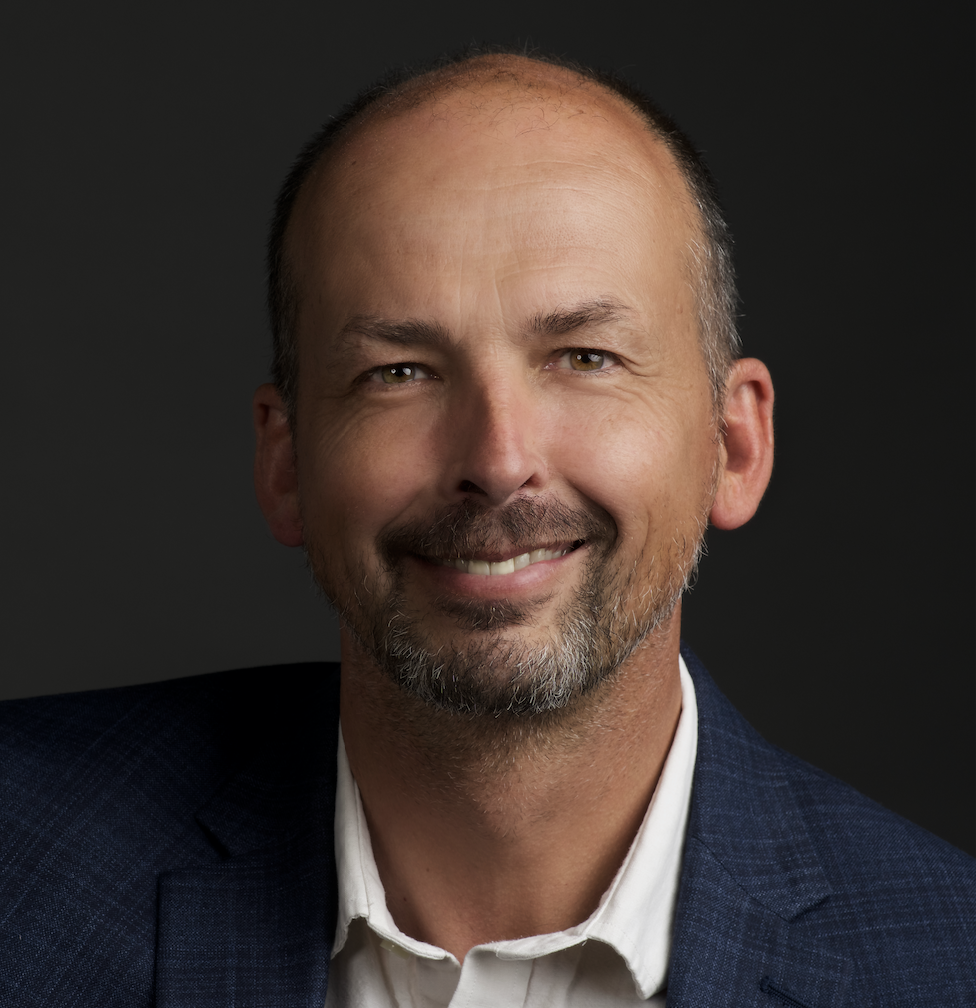“Sun, moon, mountains, and rivers are the writing of being, the literature of what-is. Long before our species was born, the books had been written. The library was here before we were. We live in it. We can add to it, or we can try; we can also subtract from it. We can chop it down, incinerate it, strip mine it, poison it, bury it under our trash. But we didn’t create it, and if we destroy it, we cannot replace it. Literature, culture, pattern aren’t man made, the culture of the Tao is not man-made, and the culture of “humans” is not man-made; it is just the human part of the culture of the whole…The question is only: are you going to take part, and if so, how?” ~Robert Bringhurst, Canadian Poet, Author, Activist
I appreciate a friend for sharing this Bringhurst passage with me. I love the invitation to look to a different scale, a geographic scale that repositions the temporal gaze.
I also love the fundamental question — Are you going to take part, and if so, how?
“Taking part” is a pretty good header for most of the work that I’m engaged in. I help to create containers for people to be able to take part together. It’s more than the razzmatazz of good facilitation, though that is interesting, isn’t it. For me, it’s more about re-storying how we even conceive of ourselves as connected and belonging together. Perhaps this has been relegated to the domain of poets and philosophers for many a years. I love it now that contemporary life — the workplace, government, education, systems — are learning to lean in to the “taking part” story (in a “power with” narrative rather than a “power over”).
I don’t like to overstate it — it’s easy to get unintendedly cheesy — but a key part of the work these days is about how to learn to go together. Not as obligation. Not as indulgence. Not as what you tolerate before getting to the real work. Going together, taking part together — this is the story that I would suggest contemporary society is daring to reclaim. Beyond obligation, indulgence, or tolerating is awakening to the added life field that is only activated when we are together. Yes, the whole is greater than the sum of the parts. That’s the cute way of saying it. And, reclaiming a reliance on wholeness, daring to lean and feel our way into that — well, that is the game these days.
I’m excited about a few projects that are attempting to change the “taking part” story. One is with my friends at the Rocky Mountain Conference of the United Church of Christ. Together, we’ve created a 9 month leadership initiative, IGNITE, that is about helping ordained clergy and lay leaders deepen their own being, amplify relationships and connection, and be church in a different way for times like these. We’ve created this program to help people reanimate in the spirit that is only found together — as we make stories and questions the central strategies for our learning together. We are two months into it, having met face to face, and now supporting monthly and weekly practices.
Another project is with a group of educators at University of North Texas in Denton. I love the daring invitation from their VP of Academic Affairs that has created two three day trainings to learn participative leadership together. It’s deans. It’s department chairs. It’s support staff. It’s senior leadership. It’s a few wild cards. They want to interrupt the silo behavior that has become part of so many large and complex organizations. They want to reclaim the way that education occurs at large universities. They want to reclaim how “taking part” can improve. It takes courage, guts, and a willingness to explore the unknown, doesn’t it.
I’m glad to be a part of such good work. I’m glad to be a voice that encourages the simple narrative of taking part, and with reminder from a few other good people that we can remember with the generosity of sun, moon, mountains, rivers.
